It’s a funny old game, property. You would think that when there is so much nervousness in the market, people would hunker down and stick to low-risk propositions - or taking a leaf out of Henry ‘Shed and Buried’ Cole’s book go for an SPQR, as in ‘small profit, quick return’ - but it is in precisely this sort of market that many would rather experience the thrill of pursuing a potential BPSR (‘big profit, slow return’).

Witness what’s going on in Nine Elms. Last month, a Chinese developer pulled out of a deal to buy St Modwen’s and Vinci’s 1,900-home Nine Elms Square scheme after getting cold feet.
Last week, however, another Chinese developer, in the form of R&F Properties, committed to the area’s regeneration by buying Vauxhall Square from CLS Holdings.
The very element that CLS was not so keen on - the residential - was exactly what tickled R&F’s fancy and the firm got the commercial elements thrown in to boot. One man’s poison is another man’s meat, it seems.
That certainly appears to be the case where overseas money is concerned and there are relative bargains to be had - especially in London. Much has been made of the Chinese government’s regulatory controls on overseas investment, but it doesn’t seem to have constrained the likes of R&F.
I have said it before, but there is a huge irony in the fact that Brexit has thrown open the window of opportunity to overseas investors, who not only benefit from the currency play but find themselves up against less domestic competition as UK players sit on their hands amid the ongoing uncertainty.
But at least it keeps the market ticking over, particularly when it comes to the delivery of major regeneration projects such as Nine Elms.
Tipping point
The question is: have we reached a tipping point with schemes of this sort of scale and ambition? Will they only be viable with a significant injection of overseas investment? Will UK involvement increasingly be confined to directing traffic?
So far, the balance of power has been with domestic players. Think Argent, First Base and housebuilders such as Barratt. But only last week, Capital & Counties sold its Venues business at Olympia to a consortium of German institutional investors and UK investor Yoo Capital.
Further disposals of this ilk must surely be on the cards. At the very least, we can expect more UK players to embark on joint ventures with overseas companies.
It will be interesting to see how things play out at Thamesmead Waterfront, which is a very different proposition to Olympia or Nine Elms - at the moment, anyway. Peabody’s audacious plans to develop 1m sq ft of commercial space and 11,500 homes in north Thamesmead will, in executive director John Lewis’s own words, require “some of the biggest brains in the industry… because this is big”.
It will also require some of the deepest pockets. Lewis has already said it is looking for “a strategic investment partner”. With so many UK players tightening the purse strings, will an overseas investor seize the opportunity?
























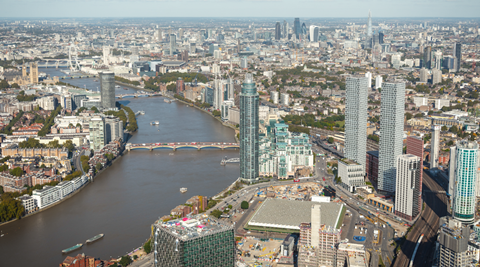
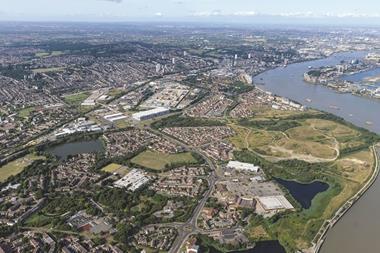
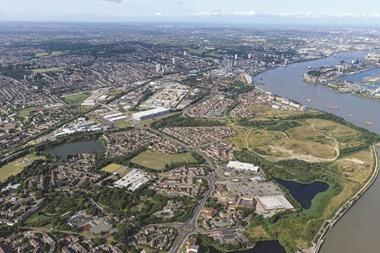
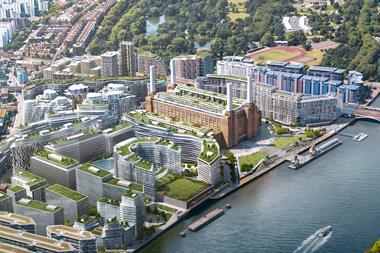
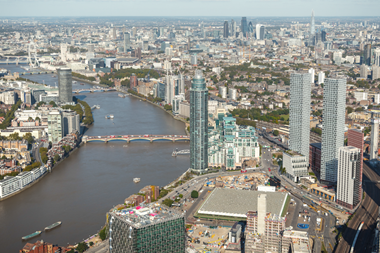


No comments yet